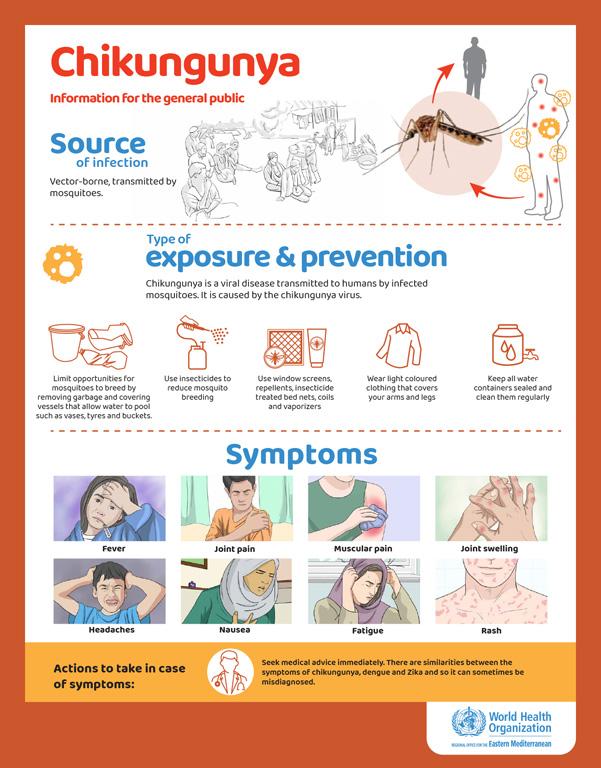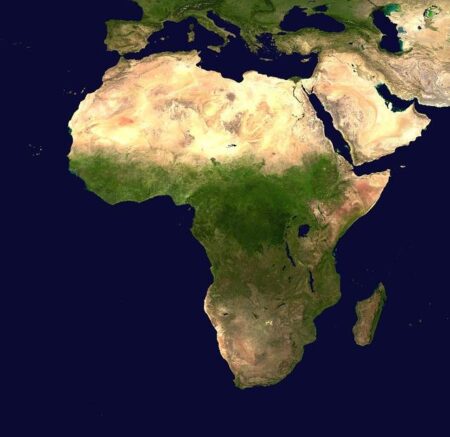France is grappling with an unprecedented surge in chikungunya cases amid growing public health concerns, coinciding with a recent decision by the United States to suspend the licence of a key vaccine. The spike in infections, which has overwhelmed health authorities in several regions, underscores the challenges of controlling the mosquito-borne virus. Meanwhile, the U.S. regulatory move has raised questions about the future of vaccination efforts worldwide, as experts and officials weigh the implications for outbreak management and prevention strategies.
France Battles Surging Chikungunya Outbreak Amidst Growing Public Health Concerns
France is currently grappling with an unprecedented surge in chikungunya infections, marking the highest number of cases ever recorded in recent years. Health authorities have reported a rapid spread of the virus, particularly in southern regions where the Aedes mosquito population, the primary vector, thrives during the warmer months. The sharp uptick has alarmed public health officials who are reinforcing mosquito control measures and urging citizens to adopt protective practices such as:
- Using insect repellent consistently
- Wearing long-sleeved clothing
- Eliminating standing water sources near homes
- Seeking medical attention promptly if symptoms develop
Compounding the crisis, the United States has recently suspended the license for a leading chikungunya vaccine candidate, citing concerns over safety data and adverse effects. This pause has sent ripples throughout the global public health community, leaving France and other affected countries without a reliable vaccine option at a critical moment. The current response focuses heavily on vector control and public education. Below is a quick overview of the affected demographics and case severity:
| Age Group | Percentage of Cases | Severity |
|---|---|---|
| 0-18 years | 15% | Mild-Moderate |
| 19-50 years | 50% | Moderate |
| 51+ years | 35% | Severe in some cases |
US Vaccine Suspension Raises Questions Over Global Disease Control Efforts
The recent suspension of the vaccine license by US health authorities has sent ripples through the global health community, igniting concerns about the future of controlling vector-borne diseases worldwide. This development comes at a critical time, as France reports an unprecedented surge in chikungunya virus infections, overwhelming healthcare facilities and public health systems. Experts warn that the absence of a licensed vaccine jeopardizes both preventative strategies and ongoing efforts to curb outbreaks, particularly in regions where mosquito-borne diseases are endemic. The decision highlights the challenges of balancing vaccine safety and efficacy against urgent public health needs.
Key implications of the US suspension include:
- Delay in global vaccine distribution: Many countries reliant on US-approved vaccines face setbacks in protecting vulnerable populations.
- Increased pressure on vector control programs: Without vaccine support, reliance on mosquito control measures intensifies.
- Heightened surveillance demands: Monitoring infection rates and mutation patterns becomes critical to managing outbreaks.
| Country | Recent Chikungunya Cases | Vaccine Status |
|---|---|---|
| France | 12,345 | Not available |
| USA | 3,210 | Suspended |
| Brazil | 8,907 | In trial phase |
Experts Urge Increased Surveillance and Accelerated Vaccine Development in Response to Rising Cases
Health authorities and medical experts have highlighted an urgent need for enhanced vector surveillance and rapid development of new vaccines as chikungunya cases continue to surge in France. The sudden spike has been attributed to increased mosquito activity and environmental changes, raising concerns about current containment measures. Specialists emphasize the importance of deploying advanced tracking technologies to monitor mosquito populations and virus transmission patterns in real-time, thereby enabling quicker public health responses.
Meanwhile, the recent suspension of a key chikungunya vaccine license by US regulators has intensified calls within the global scientific community to accelerate research and innovation in vaccine development. Stakeholders advocate for expanded funding and international collaboration to address the pause in vaccination efforts, which critics warn may leave vulnerable populations exposed. Below is a summary of proposed interventions urged by experts:
- Enhanced entomological surveillance: Implement widespread mosquito monitoring networks.
- Funding for accelerated vaccine trials: Increase investment in promising vaccine candidates.
- Public awareness campaigns: Educate communities on prevention and early symptom identification.
- Cross-border coordination: Share data and strategies between affected countries.
| Action | Goal | Timeline |
|---|---|---|
| Expand mosquito traps | Improve data accuracy | 3-6 months |
| Fast-track vaccine candidates | Restore immunization options | 12-18 months |
| Launch awareness campaigns | Reduce transmission rates | Immediate |
In Summary
As France confronts an unprecedented surge in chikungunya cases, health authorities are grappling with the dual challenge of managing the outbreak amid limited vaccine availability following the US suspension of its vaccine licence. The situation underscores the urgent need for enhanced surveillance, effective vector control measures, and accelerated development of safe and accessible vaccines. With mosquito-borne diseases posing a growing threat across Europe, coordinated international efforts remain critical to prevent further spread and protect vulnerable populations.




